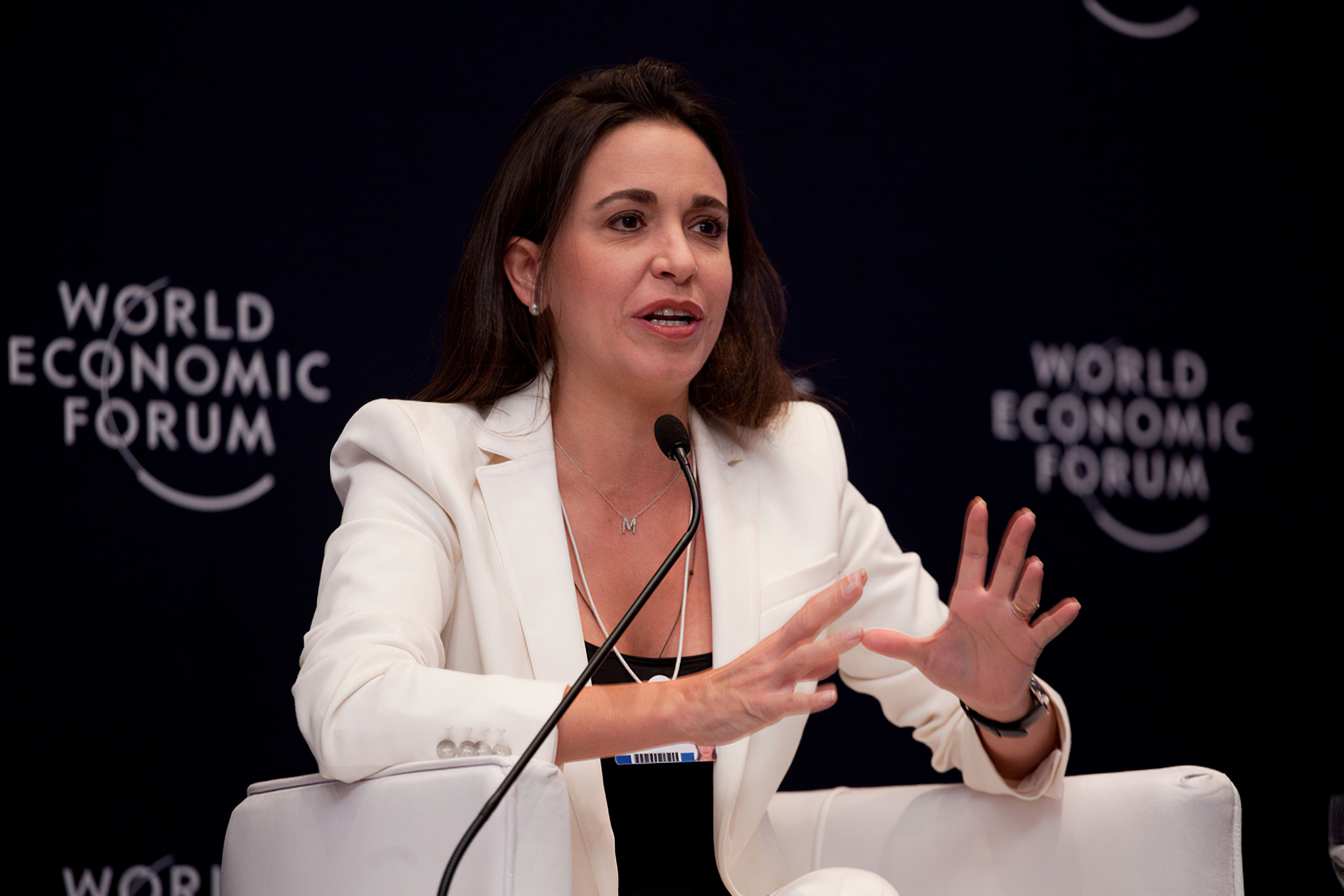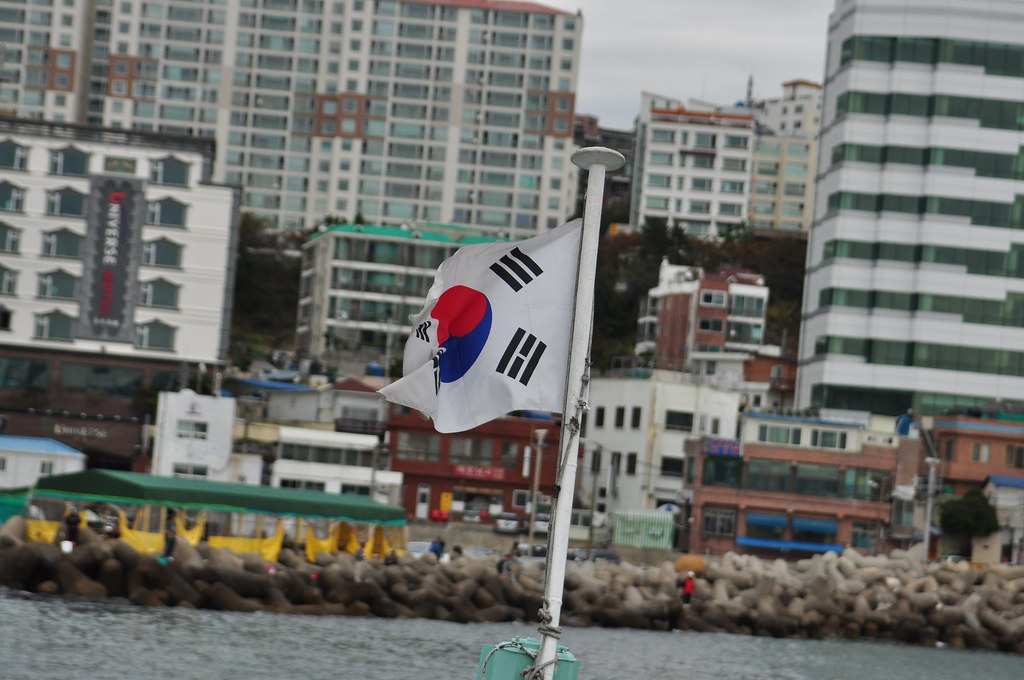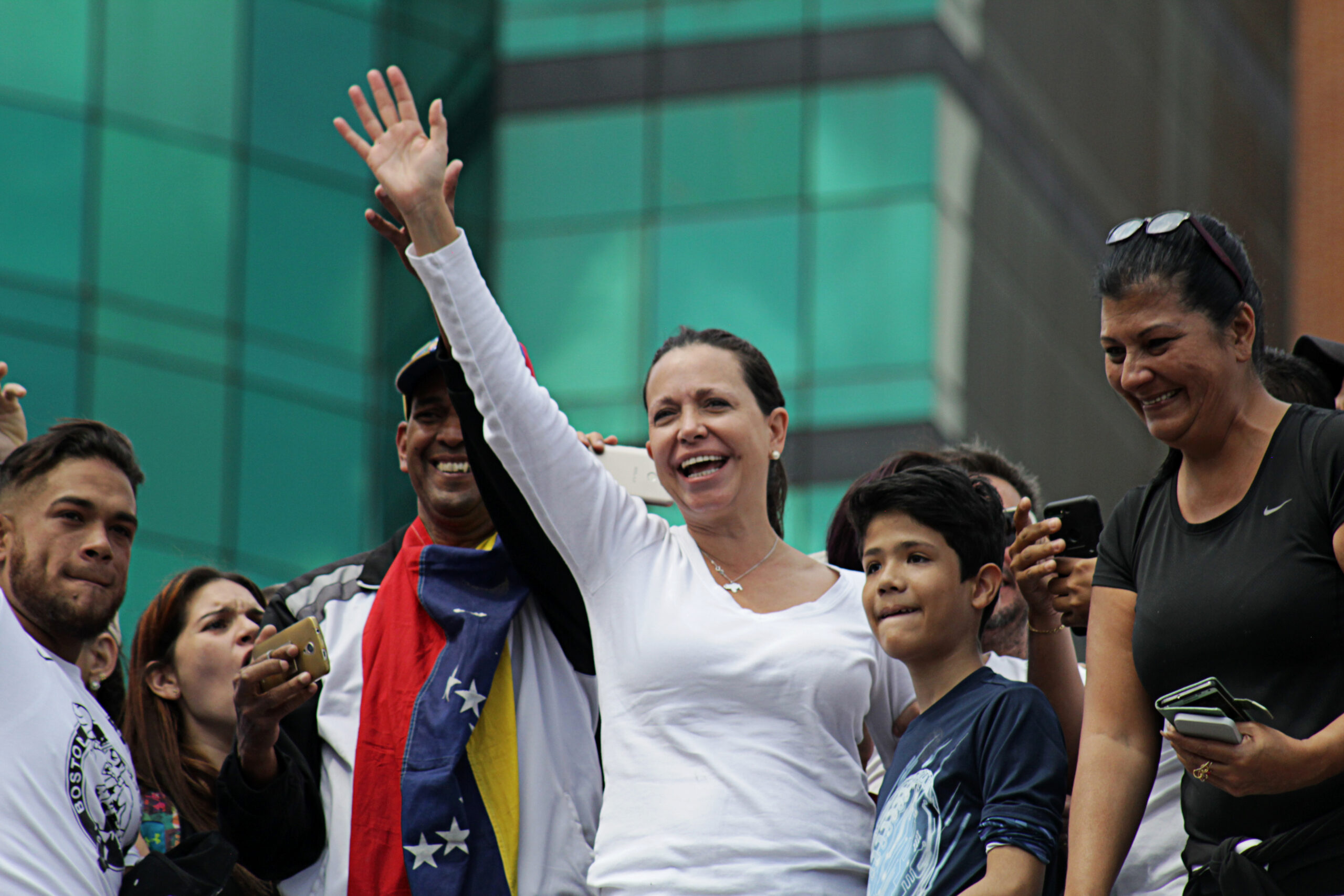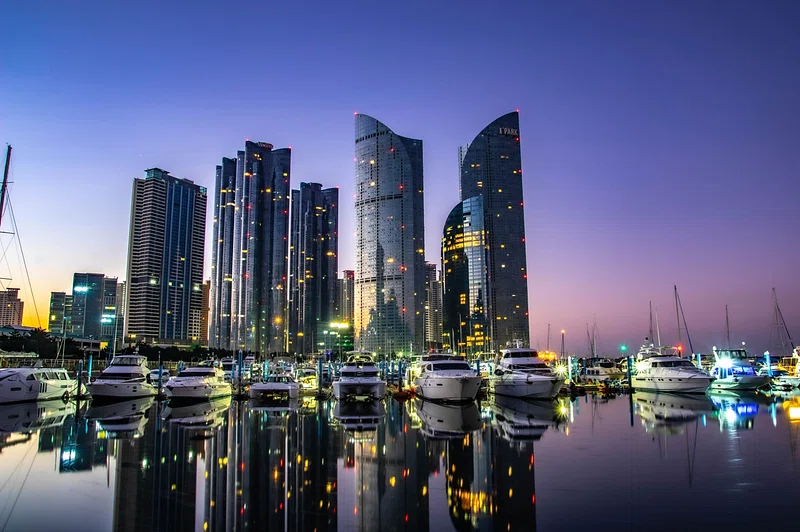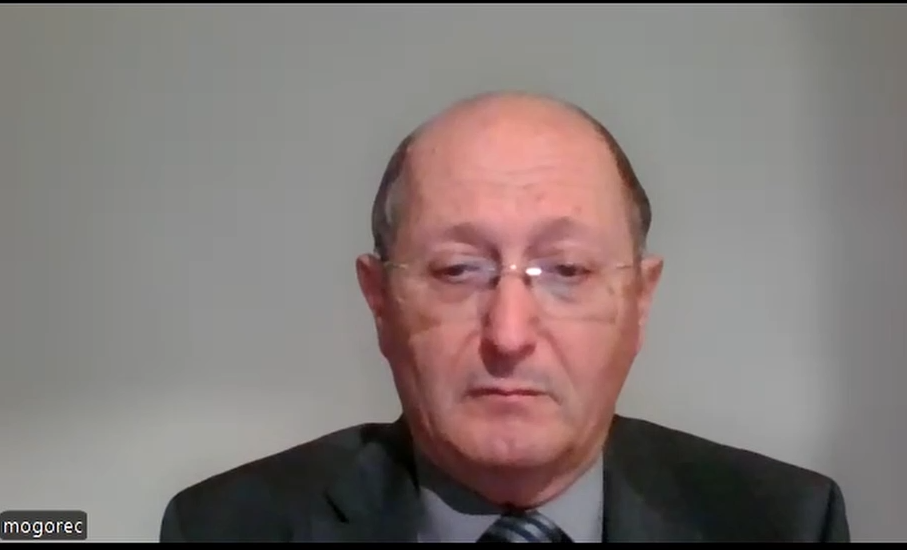By Matija Šerić
On Friday, October 10, the world was stunned: Venezuela’s most prominent opposition figure, María Corina Machado, had been awarded the Nobel Peace Prize. Machado has emerged in recent years as the face of resistance against Nicolás Maduro’s leftist regime. She attempted to run in the July 2024 presidential elections, but her candidacy was later annulled. Undeterred, she publicly supported opposition candidate Edmund González Urrutia, who opposition sources claim won the election. After refusing to recognize Maduro’s victory, Urrutia fled to Spain in September, receiving asylum, while Machado remained in Venezuela, hiding for fear of reprisal from the authoritarian government.
A Controversial Choice
Given Venezuela’s decades-long political turmoil, it is perhaps unsurprising that a Western-favored opposition figure would receive the Nobel Peace Prize. Awarding the prize to a politician is always a political act, and the world knows it. But the debate remains: how much of this recognition reflects genuine merit versus a symbolic gesture? In Machado’s case, the answer is far from clear-cut—she is, by all accounts, a figure who ignites political controversy.
Privileged Beginnings
Although Machado has dominated global headlines in recent years, her political path began two decades ago and was shaped by family privilege. Born in 1967 into one of Venezuela’s wealthiest families, her father was a steel industrialist, and her mother a psychologist. Critics have described her as a member of the “modern aristocracy.”
Machado attended an elite Catholic school in Caracas and later Dana Hall, a boarding school in Wellesley, Massachusetts. She studied industrial engineering at Andrés Bello Catholic University in Caracas and later honed her financial expertise at the prestigious Institute for Advanced Studies in Administration (IESA). She then joined her family’s steel company, Sivenesi, following a path laid out by her upbringing.
Humanitarian Beginnings
In 1992, Machado founded the Atenea Foundation, a nonprofit supporting children and youth in Caracas’s poorest neighborhoods. These early steps foreshadowed her future as a politician seemingly destined for leadership in Venezuela.
Entering the Political Arena
Machado formally entered politics in 2002, co-founding the NGO Súmate, which promoted free elections and democratic governance. At the time, Hugo Chávez had been in power for three years, implementing socialist reforms that threatened the country’s wealthy elite while improving conditions for the middle and lower classes. Opposition elites, alarmed by Chávez’s policies, accused him of authoritarianism—a claim that, while partly valid, often served as a shield for defending the old regime.
In 2004, Súmate organized a national recall referendum against Chávez, which failed. Machado herself was later accused of conspiracy and treason under U.S. sponsorship, though the charges were eventually dropped. She officially entered politics in 2010, winning a seat in the National Assembly with one of the highest vote counts. By the end of Chávez’s presidency, she had become one of the opposition’s most prominent voices, famously confronting the president over expropriation of private property—a bold move that boosted her public profile.
The report about Machado’s win
Vente Venezuela and La Salida
In 2012, Machado founded her own political party, Vente Venezuela, a moderate liberal centrist organization. However, the National Electoral Council, controlled by Chavistas, never officially registered it. After Chávez’s death in 2013, she continued opposing Nicolás Maduro, whose policies increasingly radicalized over time. Following a sharp drop in oil prices in 2014, Venezuela’s economy collapsed, shortages emerged, and opposition protests escalated into violence.
That year, Machado launched the La Salida movement to recall Maduro, but the state blocked the referendum. She was expelled from the National Assembly after criticizing the government at an Organization of American States (OAS) summit. Although she was a leading opposition figure, the mantle of leadership shifted among others, including Henrique Capriles, Leopoldo López, Henri Falcón, and Juan Guaidó.
Becoming the Face of Opposition
By 2023, Machado emerged as the primary figure of Venezuela’s opposition. Her gender, a significant advantage both domestically and internationally, and her unwavering stance against socialism earned her broad popular support. Foreign media dubbed her Venezuela’s potential “Iron Lady,” drawing parallels to Margaret Thatcher—disciplined, resolute, and unyielding in her political convictions.
Despite winning over 90% of votes in party primaries, Venezuelan authorities disqualified Machado from the presidential race and barred her from politics for 15 years, citing alleged financial mismanagement, support for foreign sanctions, and backing Guaidó, who had declared himself president in 2019. The UN, OAS, EU, and the U.S. condemned the disqualification as politically motivated and unjust.
The Contested 2024 Elections
Machado supported Edmund González Urrutia as her replacement candidate. On July 28, 2024 (Hugo Chávez’s birthday), the opposition alleged massive electoral fraud, claims partially confirmed by international monitoring agencies. Authorities declared a narrow victory for Maduro, triggering mass protests violently suppressed by the state. Over 2,000 people were arrested for alleged coup attempts; many of Machado’s campaign associates were imprisoned, prompting her to go into hiding. Political arrests have been a consistent feature of Venezuelan governance for decades.
Fearless Defiance
On January 9, the day before Maduro’s inauguration, Machado appeared publicly at a rally. She accused the government of trampling Venezuela’s constitution with the support of Cuban and Nicaraguan allies. Maduro retaliated by labeling her and Urrutia “Guaidó 2.0,” referencing Guaidó’s failed 2019 attempt to seize power. Machado remains in hiding, steadfast in her defiance.
References:
https://www.britannica.com/biography/Maria-Corina-Machado
https://www.npr.org/2025/10/10/nx-s1-5567177/national-guard-map-chicago-california-oregon
https://www.unilad.com/news/us-news/donald-trump-nobel-peace-prize-response-130049-20251011
https://edition.cnn.com/2025/10/10/politics/trump-nobel-peace-prize-winner-machado

